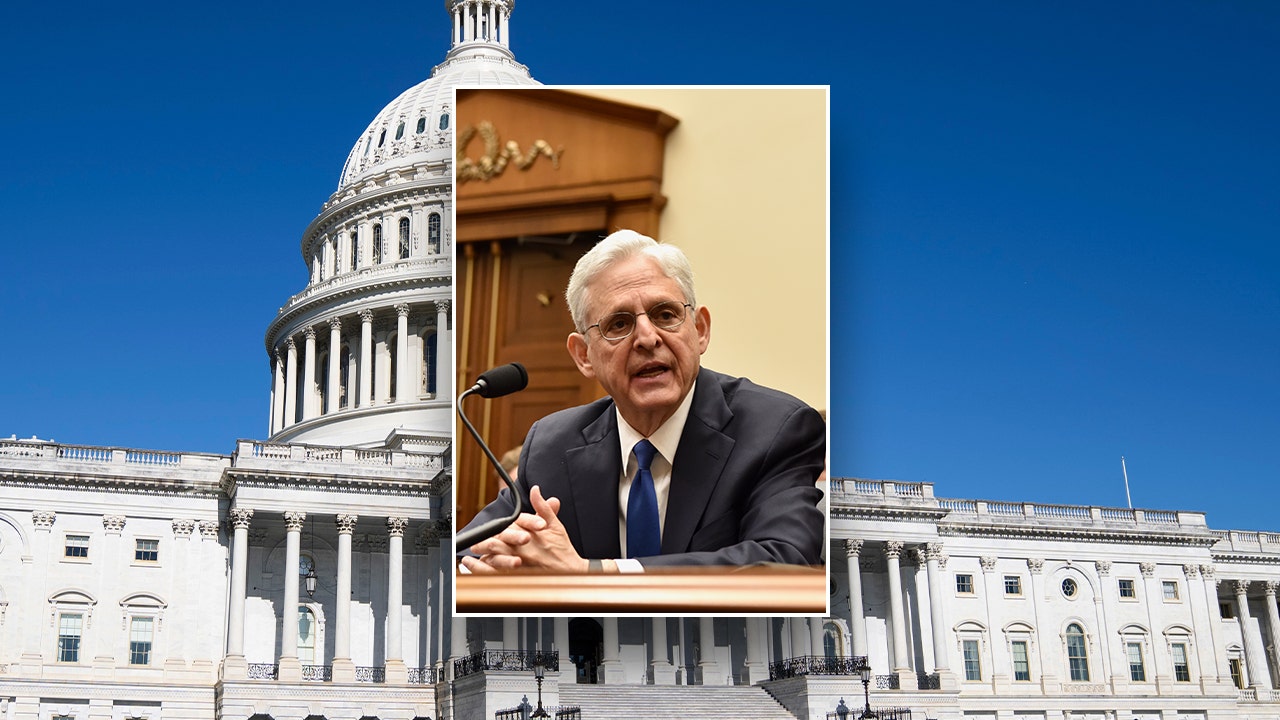House Republicans are thinking of a new approach to deal with Attorney General Garland.
Attorney General Merrick Garland is facing mounting pressure from House Republicans as two committees vote to hold him in contempt of Congress. The issue at hand is Garland’s refusal to hand over an audiotape of the transcribed interview conducted by Special Counsel Robert Hur with President Biden regarding classified documents. While a transcript of the interview was released, Republicans are adamant about obtaining the audiotape, believing it might reveal a president who is not fully in control of his faculties.
Republicans argue that the audio recording could potentially expose a feeble chief executive, which they could use to their advantage to paint Biden in a negative light to voters ahead of upcoming elections. Despite Garland’s reluctance, House Oversight and Judiciary Committees moved ahead with the contempt vote, but the outcome remains uncertain.
If the full House votes to hold Garland in contempt, it is unlikely that significant repercussions will follow. The House might refer the contempt citation to the Justice Department, which is headed by Garland himself, thereby making it improbable for him to face prosecution from his own department.
With the threat of “inherent contempt” looming, Congress could take matters into its own hands to discipline Garland for his non-compliance. Inherent contempt grants Congress the power to enforce repercussions without relying on external entities. While this option has been discussed in the past, it has not been seriously considered for nearly a century until now.
Rep. Anna Paulina Luna has proposed an inherent contempt resolution as a possible recourse, especially if traditional contempt measures prove ineffective. The House’s ability to gather enough votes for such a resolution remains uncertain, but the mere contemplation of using inherent contempt hints at the escalating tension between Congress and the Attorney General.
Historically, Congress has wielded inherent contempt sparingly, with the last known instance dating back to 1934. In that case, the House Sergeant at Arms was dispatched to arrest an official who defied a congressional subpoena, highlighting the gravity associated with inherent contempt.
The utilization of inherent contempt in Garland’s case poses a variety of logistical and legal challenges. The prospect of physically detaining the Attorney General, potentially confronting his security detail, and orchestrating a standoff between legislative and executive branches underscore the complexity of invoking such measures.
While the idea of resorting to inherent contempt may seem drastic, Luna emphasizes the necessity of holding Garland accountable for his actions. The uncertainty surrounding the process indicates that Congress may tread unfamiliar territory if they choose to pursue inherent contempt against the Attorney General.
As discussions continue and the possibility of inherent contempt hangs in the balance, the political landscape remains fraught with uncertainty. The decision to invoke such measures carries significant implications for the balance of power between Congress and the Justice Department, underscoring the high-stakes nature of the ongoing standoff.








